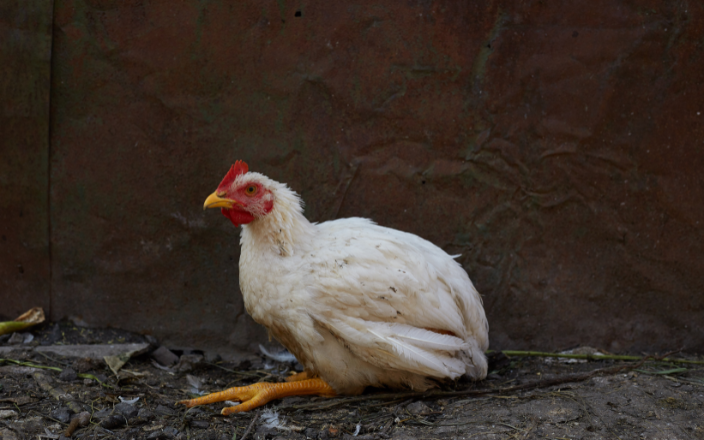Content available at: العربية (Arabic)
One of the most common and costly diseases for producers is avian coccidiosis, a parasitic infection that, in the most severe cases, causes massive death of the animals. It is necessary to recognize it early to avoid great losses in farms.
Poultry coccidiosis is caused by protozoan parasites of the genus Eimeria being the most relevant in the poultry industry E. tenella, E. maxima and E. acervulina. It is recognized because it causes intestinal damage, accompanied by enteritis and bloody diarrhea.
The parasite enters through the fecal-oral route and then establishes in the intestine destroying enterocytes and affecting nutrient absorption. This is followed by a decrease in feed intake with subsequent reduction in weight gain and increased mortality. To this is added the use of anticoccidial drugs and vaccines, which finally results in important economic losses.
The most common clinical signs are:
- Recurrent episodes of diarrhea
- Unkempt plumage
- Drowsiness
- Mucous feces
- Dehydration
- Anemia in more advanced cases
According to the Pennsylvania Public University Extension of Agriculture, practically all flocks raised on the floor are affected by coccidiosis in some degree; this will depend on the density of birds, quality and quantity of litter and the immune status of the animals. Some studies suggest that birds that are raised in cages without contact with fecal matter are not prone to develop this disease, however, in case there is a bad cage design, which allows a minimum contact with feces, it is prone to appear.
In addition to the typical signs of the disease, mucosal scrapings can be performed to identify its presence in the organism. Macroscopic lesions are also indicators that the animal has the disease.
Although treatment is done with anticoccidials in feed, due to the resistance generated by drugs, natural compounds based on plant extracts have recently emerged with proven effectiveness. Prevention consists of vaccination and the implementation of good management practices such as maintaining a thick and dry bedding to prevent the appearance of parasites.
Clinical disease is rare and here the entire flock of birds should be treated with coccidicides for several days, according to the veterinarian’s criteria. It is important to always respect the withdrawal times of all anticoccidials to avoid residues in the meat that can harm humans.
A recent study estimates the annual losses due to avian coccidiosis in the world to be close to US$14 billion, figures that show the great importance of exercising an integral prevention from the production farms.
Sources: Available upon request.

